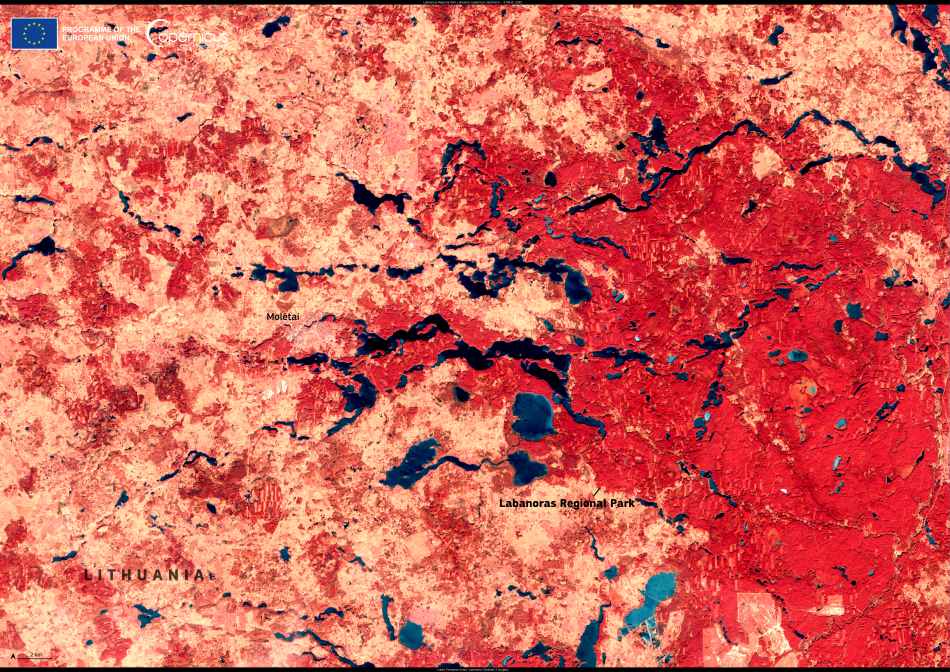On March 22, 2025, World Water Day spotlights ‘Glacier Preservation’, emphasizing the critical role glaciers play in global water systems. While glaciers are vital, other freshwater ecosystems, such as those in Lithuania’s Labanoras Regional Park, are equally essential in maintaining ecological balance and supporting biodiversity.
Labanoras Regional Park, established in 1992, is Lithuania’s largest regional park, encompassing approximately 553 square kilometers. The park boasts a rich mosaic of natural landscapes, with about 80% covered by dense forests, predominantly pine. Interspersed within this verdant expanse are approximately 285 lakes and 30 rivers, making it one of the most water-rich areas in the country.

These freshwater bodies are integral to the park’s ecological health. They serve as habitats for diverse flora and fauna, including protected species, and play a pivotal role in regulating the local climate. Notably, the park supports the densest population of nesting white stork couples in Europe. The lakes and wetlands also act as natural water filters, maintaining water quality and supporting the surrounding ecosystems.
Satellite imagery, such as that from the Copernicus Sentinel-2, provides invaluable data for monitoring these freshwater networks. By analyzing such images, scientists can assess environmental changes, track water quality, and inform conservation strategies. This technological perspective enhances our understanding of how to protect and sustainably manage vital freshwater resources in regions like Labanoras.
As we observe World Water Day 2025, it’s crucial to recognize the interconnectedness of all freshwater systems — from towering glaciers to expansive wetlands. Each plays a unique role in sustaining life on Earth, and their preservation is essential for a balanced and healthy planet.
Featured image credit: European Union, Copernicus Sentinel-2 imagery



